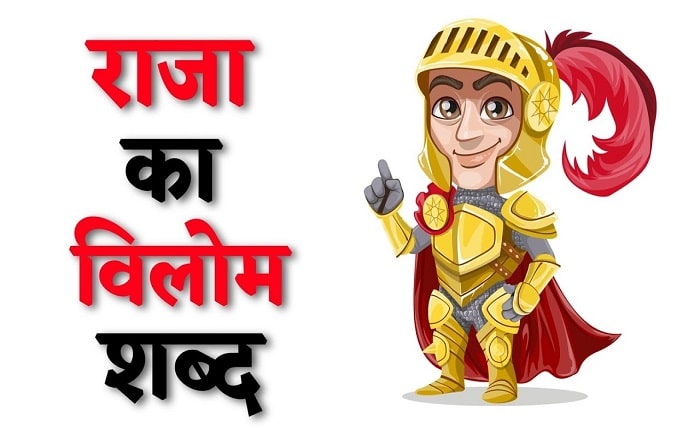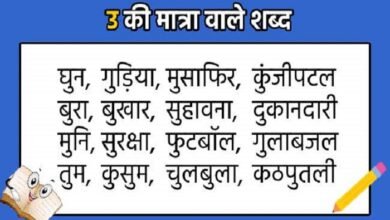
Unveiling “Raja Ka Vilom Shabd”: Exploring Antonyms in Hindi
परिचय (Introduction)
हिंदी भाषा की खूबसूरती इसके विविध शब्दावली में छिपी है. विलोम शब्द (antonyms) किसी शब्द के विपरीत अर्थ रखने वाले शब्द होते हैं. राजा, शक्ति और सत्ता का प्रतीक है. आज हम राजा के विलोम शब्दों को देखेंगे, जो कहानी में संतुलन लाने में सहायक हो सकते हैं. (The beauty of Hindi lies in its diverse vocabulary. Antonyms are words with opposite meanings. Raja represents power and authority. Today, we’ll explore antonyms for “raja” that can help create balance in your story.)
राजा का विलोम शब्द (Antonyms of Raja)
- रंक (Rank): This is the most common antonym for “raja,” signifying someone extremely poor or destitute.
अन्य विलोम शब्द (Other Antonyms)
- प्रजा (Praja): Refers to the subjects ruled by the king, highlighting the opposite positions in a kingdom’s hierarchy.
- दास (Daas): A slave, completely under the control of a master, presenting a stark contrast to a king’s authority.
- असहाय (Asहाय): Meaning helpless or powerless, emphasizing the lack of control compared to a king.
- ग़रीब (Garib): While not as strong as “rank,” “garib” signifies someone with limited means, opposing a king’s wealth.
संदर्भ के अनुसार चुनाव (Choosing Based on Context)
कहानी की मांग के अनुसार विलोम चुनना महत्वपूर्ण है. उदाहरण के लिए, राजा के अत्याचारों के वर्णन में “रंक” या “प्रजा” उपयुक्त हो सकता है, जबकि राजा के पतन को दिखाने के लिए “असहाय” बेहतर होगा. (Choosing the right antonym depends on the story’s demand. For describing a king’s cruelty, “rank” or “praja” might be suitable, while “asहाय” would be better to portray the king’s downfall.)
वाक्य प्रयोग (Example Sentences)
- राजा के अत्याचारों से प्रजा त्राहि-त्राहि कर रही थी. (Praja trahi-trahi kar rahi thi – The subjects were crying out in pain due to the king’s cruelty.)
- युद्ध हारने के बाद राजा एक असहाय व्यक्ति बन गया. (Yudh haarne ke baad raja ek asहाय vyakti ban gaya – After losing the war, the king became a helpless person.)
निष्कर्ष (Conclusion)
विलोम शब्द न केवल भाषा में गहराई लाते हैं बल्कि कहानी में भी संघर्ष और संतुलन पैदा करते हैं. राजा के विलोम शब्दों का प्रयोग करके आप अपनी रचना को और अधिक प्रभावशाली बना सकते हैं. (Antonyms not only add depth to language but also create conflict and balance in a story. By using antonyms for “raja,” you can make your writing even more impactful.)
FAQs:
- Why do language learners need to know antonyms?
Antonyms offer insightful contrasts, expand vocabulary, and enable nuanced communication—all crucial components of language acquisition. - How can antonyms be used in regular conversation effectively?
Antonyms may be seamlessly incorporated into daily speech and writing by actively employing them, practicing in a variety of circumstances, and getting feedback. - Exist any methods for memorizing antonyms more successfully?
Retention and memory are improved by making mnemonic devices, connecting antonyms with real-world opposites, and employing them in context-rich phrases. - Do antonyms consistently communicate the opposite meaning in all contexts?
Even though antonyms often signify opposites, perception can be affected by subtle differences in meaning and cultural context. Correct use requires contextual awareness. - What function do antonyms serve in writing and other creative endeavors?
By establishing contrasts, emphasizing topics, and arousing emotions, antonyms enrich and deepen literary works, amplifying their impact and richness.




